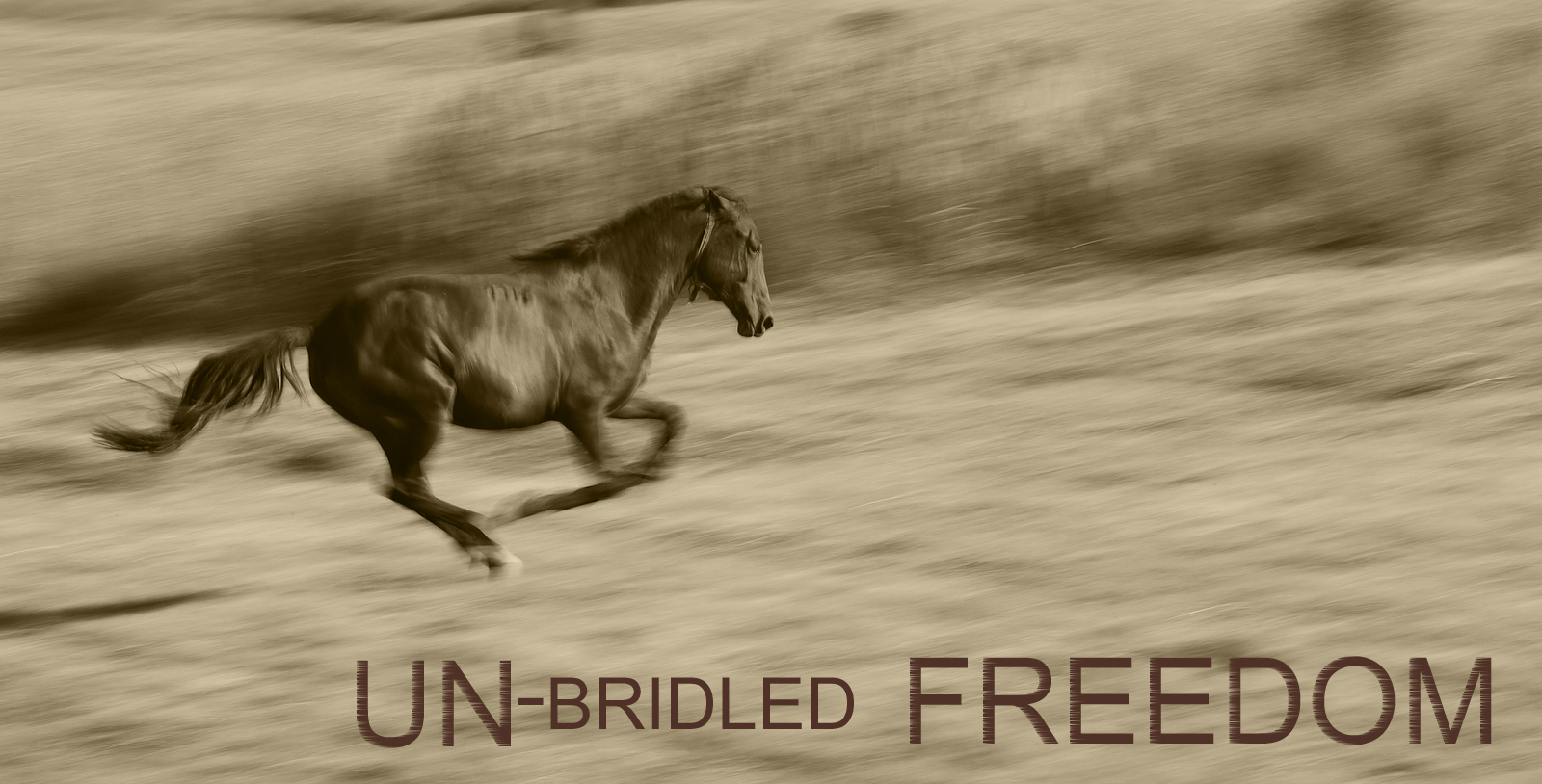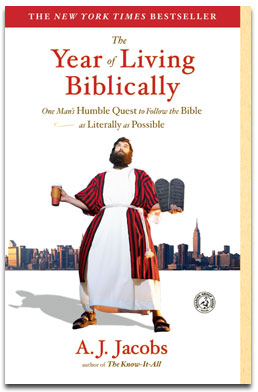Un-bridled Freedom
 Wednesday, January 6, 2016 at 10:13AM
Wednesday, January 6, 2016 at 10:13AM 
Grace is even better than, "God's not mad at you anymore." It's also better than "unmerited favor," or "unconditional acceptance."
WHY is grace UNBRIDLED FREEDOM?
In order to control a horse, the headgear that the reins are attached to includes the bridle that fits over his face, and a metal bit that goes into the tender part of a horse's mouth. Those who don't yet know how to intuitively move with a horse often jerk the horse's reins, causing the metal bit to bite into the horse's mouth. This bit-and-bridle method uses discomfort and force in order to get the horse to comply.
Under grace, the "bridle" [Old Covenant Rules] and "mouth bit" [painful pressure] are taken off - removed from the Christian, because the Spirit has given us new hearts that are no longer "prone to wander."
We no longer need bit and bridle to get us to move in the right direction. The horse [we] can move intuitively with the rider [the Spirit].
My book, Recover Your Good Heart, exposes the 'gospel' of pressure - getting jerked around by messages that claim you're a "new creation" but treat you like you're an unruly horse that needs to be "broken."
 Jim Robbins |
Jim Robbins |  1 Comment |
1 Comment | 

















